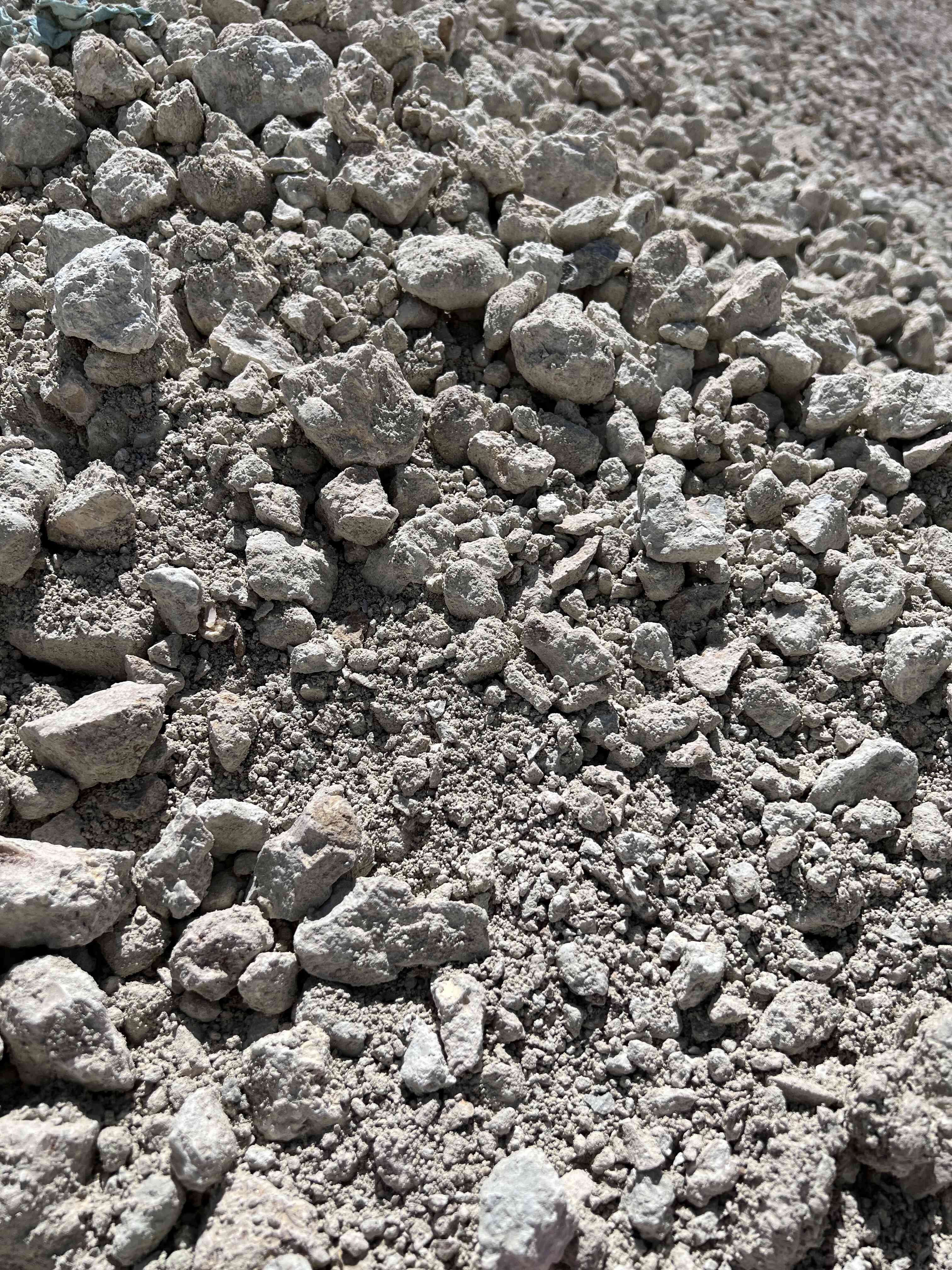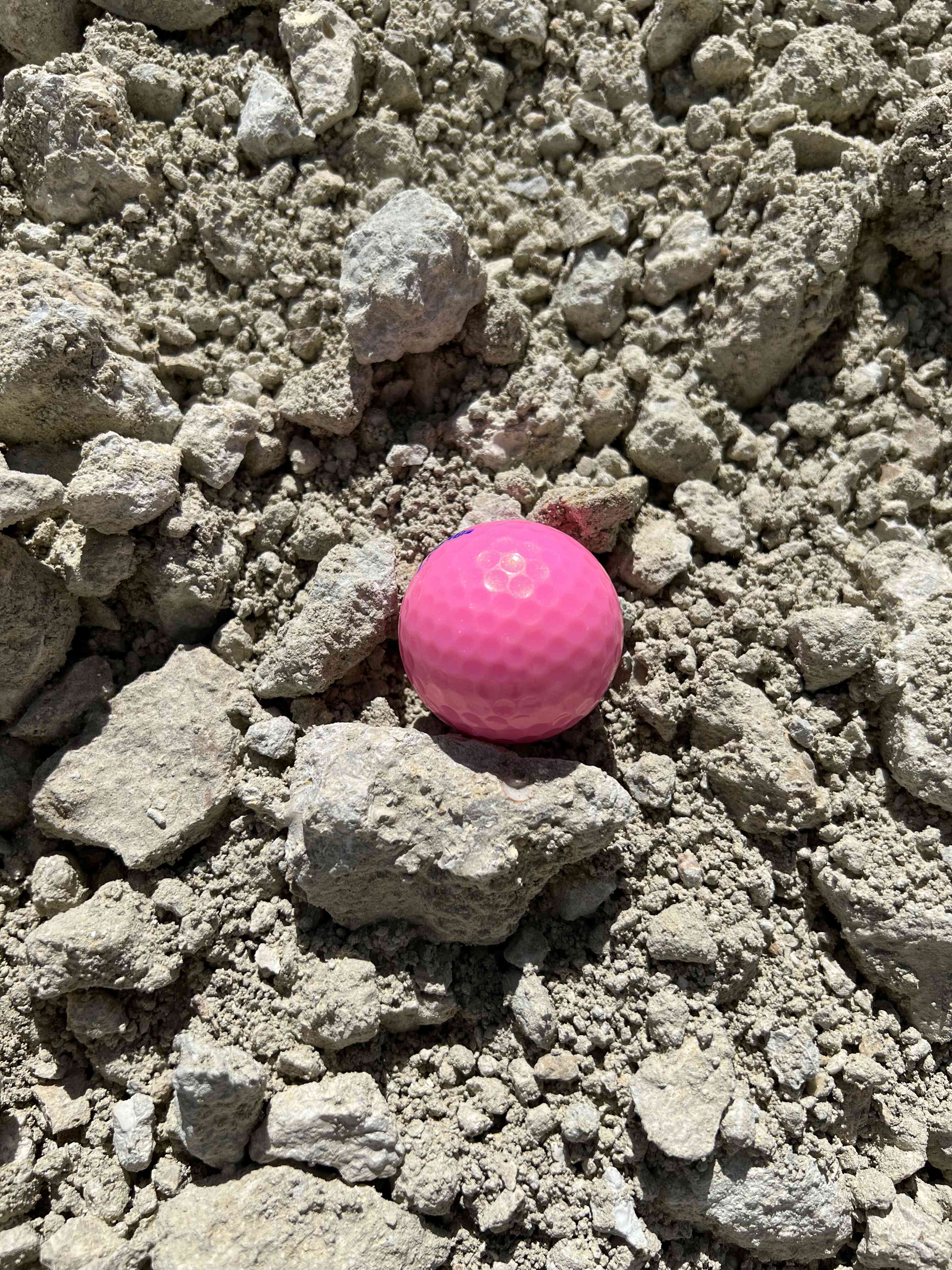What is Flex Base?
Flex base is a material that has been in use by construction and infrastructure for a long time. It is a coarse building material that is made up of rock that has been crushed down into a powder and then combined with stones of varying sizes.The material ultimately is used in jobs such as paving roads and driveways because of its compactable nature and flexibility, which is a combination that few materials have proven to match. It is so proficient in jobs related to cars and paving that it is sometimes even nicknamed driveway gravel. Now that we have a decent understanding of what flex base is and how it’s made, we can get into why it is hailed as being so great for jobs related to paving.
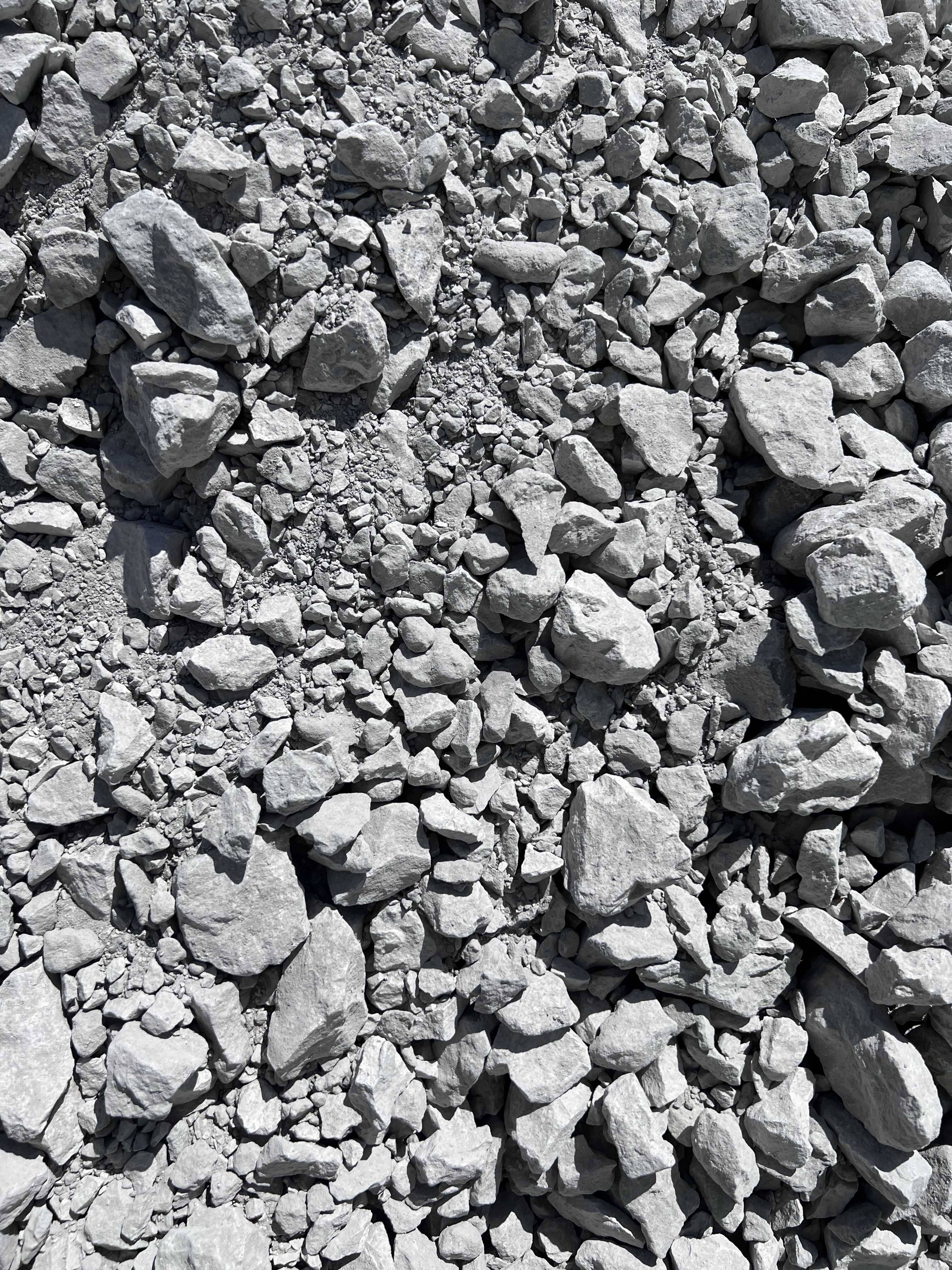
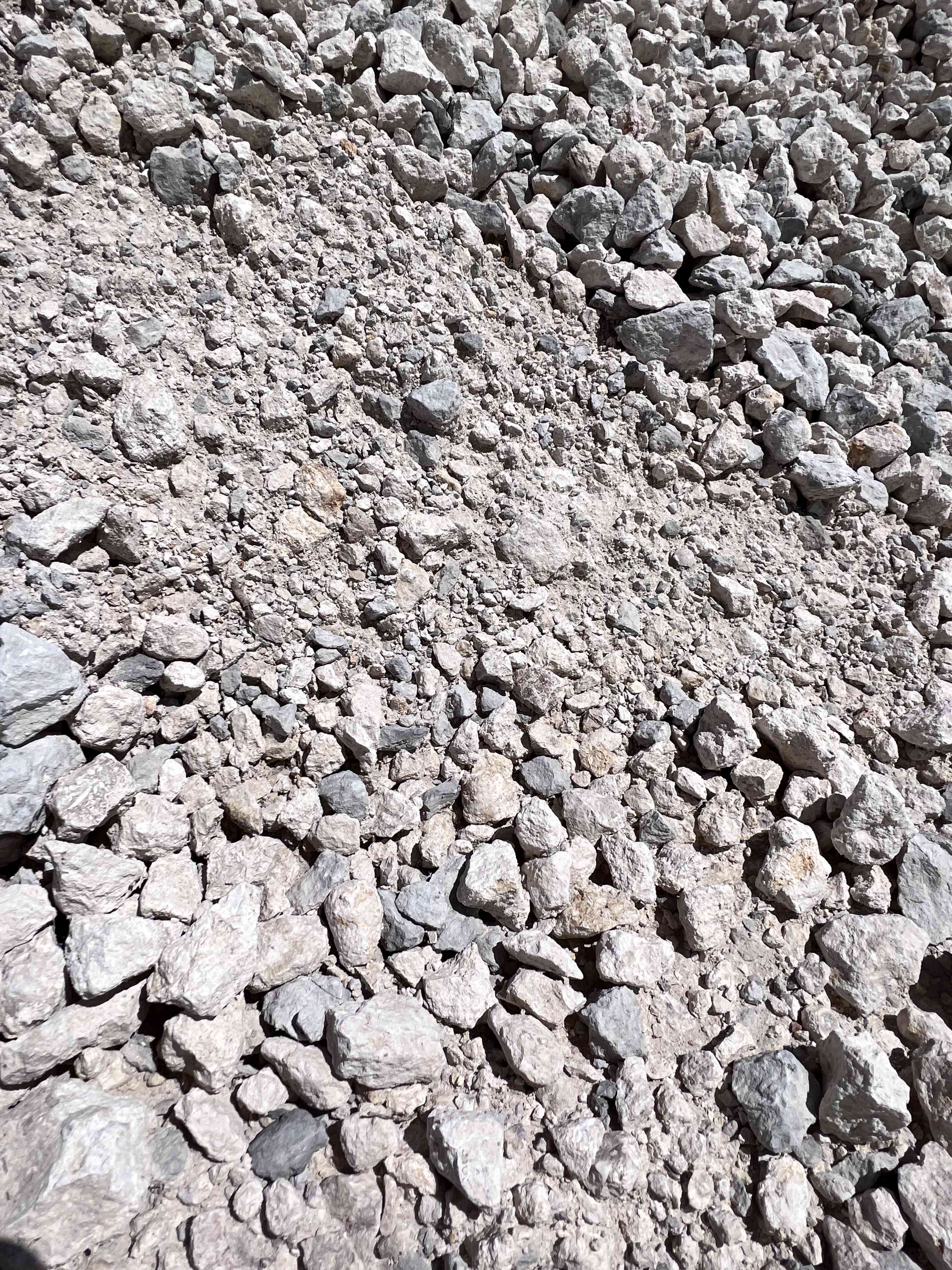
Why Flex Base is Great for Paving Roads & Driveways
First off, flex base has a great resistance to freezing cold weather. One benefit that flex base over the usual asphalt road is its ability to withstand extremely cold weather without cracking or becoming brittle. Flex base will maintain its structure and endure a beating from harsh weather conditions, better than asphalt can. Second, flex base can actually be cheaper than asphalt mixtures. If a company decides to purchase an asphalt mix without testing its durability, then the mixture could prove to be soft, and thus it will be more prone to destruction. Flex base has the perk of being durable no matter the mixture you purchase. You can purchase a mix that has less rock, and simply mix it with more raw material, like dirt, and still end up with a good product. This process will end up saving you money, as you’re purchasing less expensive materials. Finally, flex base roads don’t need to be upkept as much as asphalt roads do. Flex base roads are built to take blows and won’t crack under them easily. Even if you just reinforce a pre-existing road with flex base, it is sure to last for a much longer time than if you simply repaved the road. Of course, all of these same reasons apply to driveways as well, as they would be facing the force of a vehicle every day, or perhaps even multiple. If for whatever reason you’re still not convinced of the value of flex base and what it can do for roads and driveways, we can discuss some alternative options that are almost as good.
Flex Base Alternatives
Asphalt
The first and most obvious alternative to flex base would be asphalt. It’s what most roads are made out of, and some driveways, and it has proven to be an effective material for along time, it just bears more cons when compared to flex base as mentioned above.
Gravel
As far as driveways go, you can construct them out of a number of things, but let’s start with gravel and other loose materials. Sand and gravel will ultimately provide a good driveway for your home, and will allow water seepage to the ground beneath, thus keeping the ground healthy. It also can look very aesthetically pleasing.
Concrete
Then there’s concrete. Concrete can look appealing, and is fairly cheap and very malleable in what it can do, but it comes with a number of cons. First, it isn’t as flexible as flex base, and will require upkeep after shorter periods of time. Second, it will damage the ground upon which it’s built, which could lead to other issues.
Cost of FlexBase Compared to Alternatives
When it comes to comparing flex base’s price to all of these options you will find varying values. The important thing to bear in mind is that flex base is exceptionally cheap and as mentioned earlier, even if you acquire a mix that is less rock based and more powder based, you can ultimately still mix the material with other loose material and come out with a quality product. These other materials are what they are. Concrete is cheap, but upkeep adds up. Gravel and sand can be expensive, depending on what style and aesthetic you’re looking for.Finally, asphalt simply doesn’t compare to flex base in many ways. Flex base is more durable, and in some cases, is better equipped to handle the job of being road material.
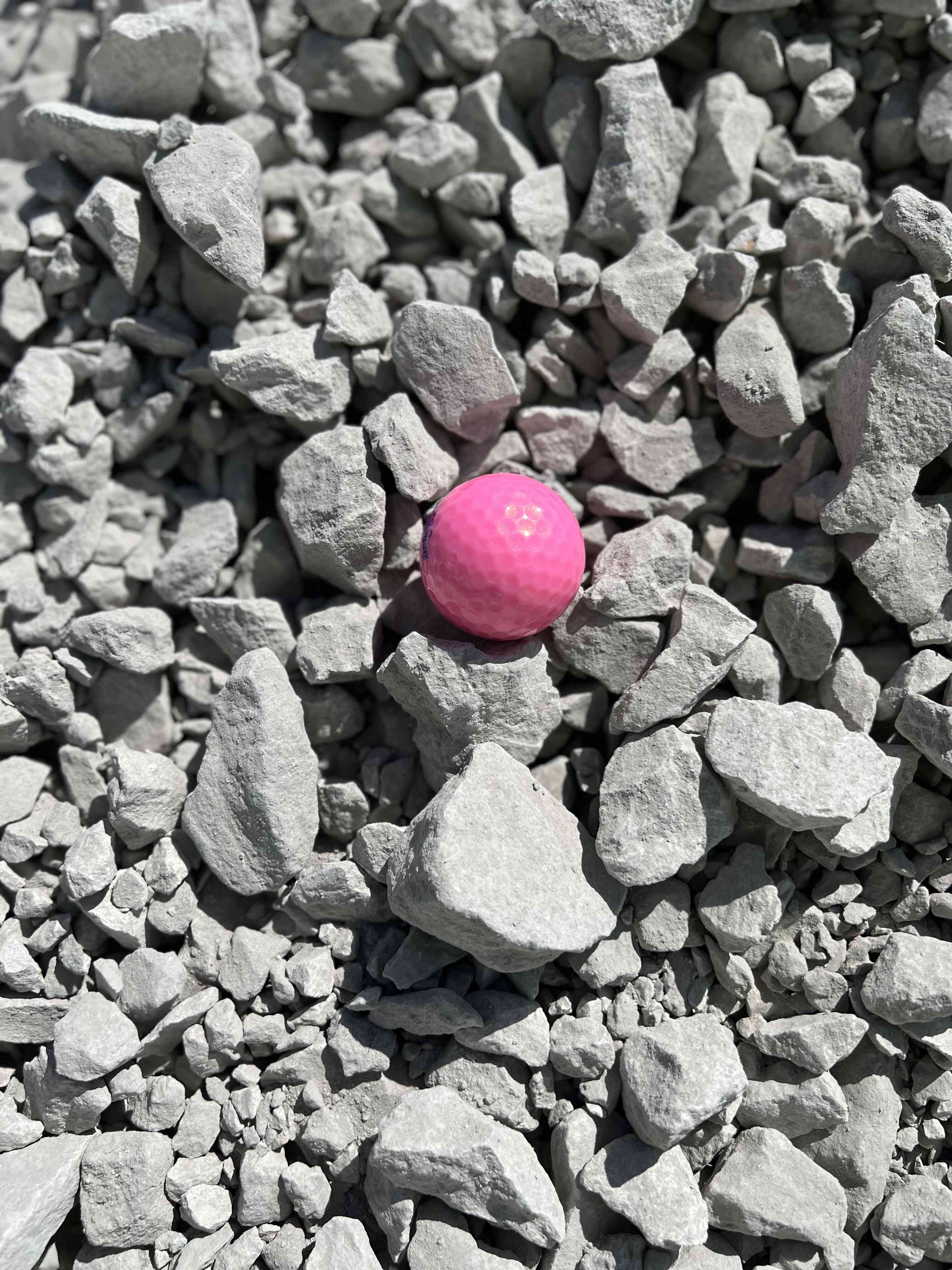
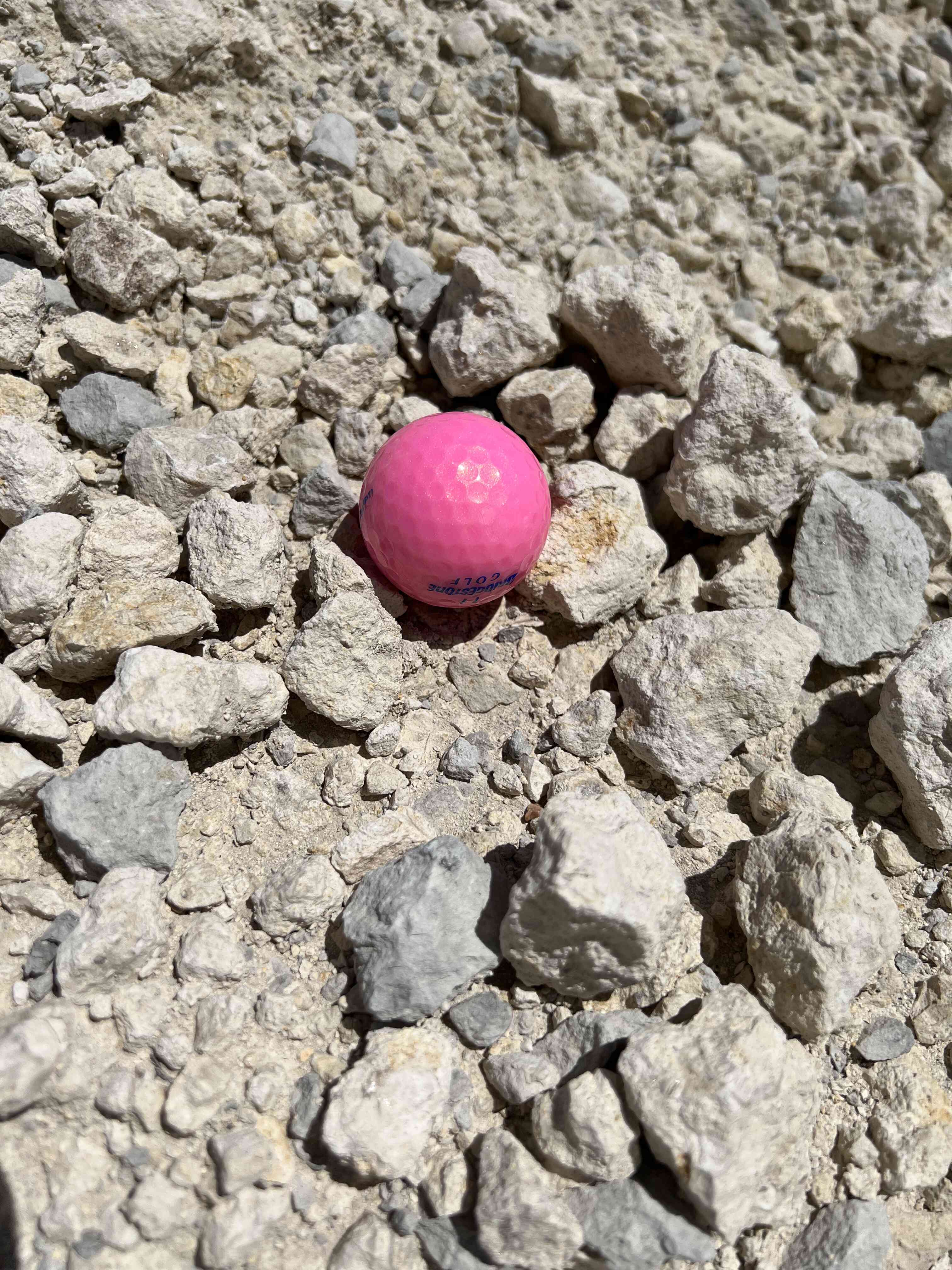
How to Order Flex Base in Texas
Acquiring flex base in Texas shouldn’t be too much of a problem, but it’s getting the amount that you needt o you that poses a challenge. We here at Twisted Nail can act as your hauling service to get whatever amount of flex base that you may need to wherever you may be. Whether you need it delivered to a job site, or even a more domestic area, we will perform every job with efficiency and with constant communication. If you need flex base moved near Waco, Austin, or Bryan Texas, choose Twisted Nail. We’ll get the job done perfectly, every time.
FAQs
Is flex base good for a driveway?
Flex base can be an excellent choice for a driveway but is not often used as a primary input in TXDOT construction. Flex base is best suited for farm roads, driveways, RV pads, and for other foundations that will not receive heavy traffic. Flex base is cheaper than most alternative options, such as asphalt or base that meets TXDOT specifications. Additionally, once set and compacted, a flex base road or driveway is cheaper and easier to maintain.
Is road base the same as flex base?
Yes, road base and flex base are the same material family. That said, the differentiating factor is typically the testing results of each material. When shopping for material, it is important to identify exactly what type of material you are buying. Retailers will categorize Base as a broad category and can leave identification to consumers, which is challenging and confusing. In general, if a retailer is selling a Road Base it can be assumed that the material is of higher construction quality than flex base, meaning it will have a wider range of approved uses. However, some vendors will sell Flex Base as a Road Base; this makes it important to understand if the material you are purchasing is a true Flex Base, is ‘Spec 247’, or is TXDOT approved. With each increase in quality comes an increase in cost, so it is important to identify which material will best suit the needs of your project.
What does flex base look like?
Flex Base is a mixture of loose aggregate and coarse aggregate, can be a wide range of color based on source location, and is composed of materials ranging from dirt to rock that are 1”-3” in size. Most Flex Base, particularly around Central Texas, will range from tan to brown, will consist of a dirt material and rocks that range from 1” to 2” in diameter. There are specialty materials that will include rocks up to 3” in size, but these are typically reserved for heavy construction projects.
How thick should road base be for driveways?
Any driveway’s depth should be at least 5” to ensure structural integrity and better load capacity. For road base in particular, experts recommend a thickness of 6-8”.
